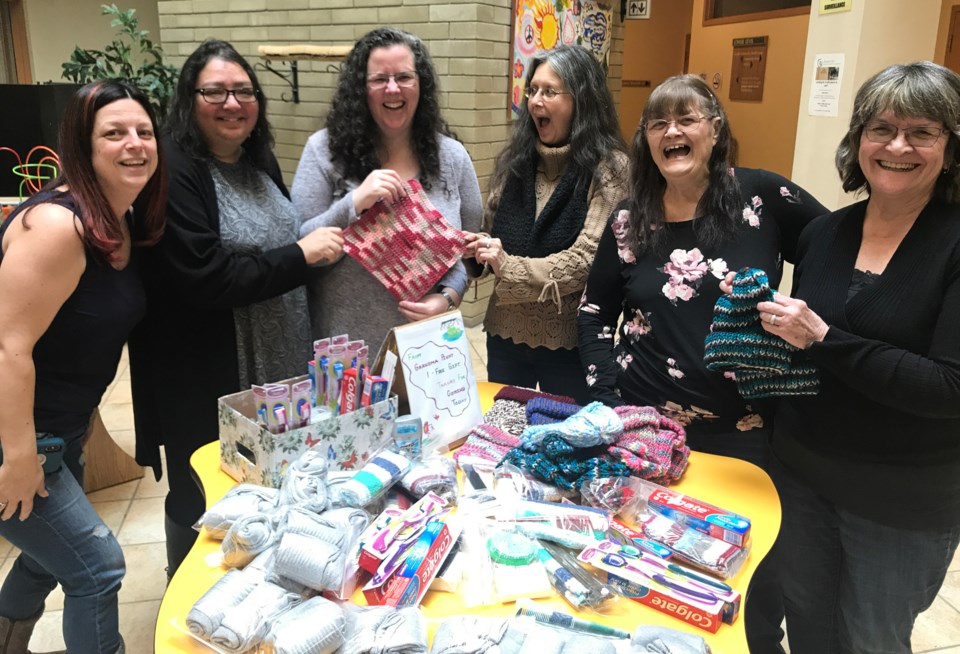It's called social prescribing and it's proving to be a big success in Guelph.
Social prescribing refers to people being referred to non-clinical programs that can make them healthier. It can be anything from yoga and zumba classes to postpartum depression and breastfeeding support groups.
It's a holistic approach to health that recognizes what research and statistics are proving: that helping people be and feel healthier involves the whole person, not just a medical diagnosis or treatment.
They create a positive environment, social supports and, most of all, a sense of belonging and caring that can't be found in a medical prescription.
It does not deny or downplay a person's medical or mental health issues and needs, but it does recognize the need to address the whole person, not just their medicinal needs.
The Guelph Community Health Centre (GCHC) offers a varied range of social prescription courses in Guelph, both for its clients and the general public.
They also refer people to social programs offered by other community organizations.
The groups can range from five to 40 people and are offered at different locations throughout the city. They are free and run on a drop-in basis. No commitment is needed.
"There's a lot more research out there now showing the impact of loneliness," said Karrie Cumming, a health promoter with the GCHC.
"That's a shift we're seeing internally as a health centre, understanding that and educating each other in the community about that, about the health impacts of loneliness. That's given a lot of momentum and reason to get behind this."
Izabela Lukomska has benefitted from Guelph's social prescription offerings as a client and now helps volunteer and run some of the programs.
"The obvious thing is that the programs are somewhere to go, somewhere to hang out, with like-minded people," said Lukomska.
"Purely having fun too. Dancing, doing art, just enjoying .... a sense of camaraderie and togetherness."
Lukomska calls herself "living proof" when it comes to the benefits of social prescribing.
Trying new things, providing and educating on healthy food and possibly helping people connect with other community resources that might be beneficial are also elements of the local programming through the GCHC.
GCHC clients also help organize and run the programming.
"Rather than looking at our clients as patients with a diagnosis, it's also looking at them as people with skills, compassions and talents," Cumming said. "When people volunteer. They're healthier."
Programs are placed in the neighbourhoods where they might be most beneficial, from the GCHC downtown to various outlaying locations.
The GCHC launched a pilot project last September, one of 11 community health centres in the province to promote, enhance and evaluate social prescribing efforts in the community.
Studies in the United Kingdom, where social prescribing has taken root for several years, have shown that 50 per cent of people see medical practitioners for non-medical problems and that social prescribing there has reduced doctor visits by 28 per cent and emergency room visits by 24 per cent.
England has actually appointed a Minister of Loneliness to help address the issue.
The plan is to keep adding to it and eventually more partners and organizations involved in helping refer people and help with providing some of the current or new programming.
Expanding it beyond the GCHC could be part of the future as other organizations and practitioners come on board.
"We do anticipate, with the changing landscape of health, and the stronger collaboration of different organizations, what we can offer around social prescribing could be far more reaching than just the Guelph Community Health Centre clients," said Kate Vsetula, director of community development at the GCHC.
A Food Rx program is in the works that would give people access to the GCHC weekly food market so that a client or a client and their family would have weekly access to fruit and vegetables.
